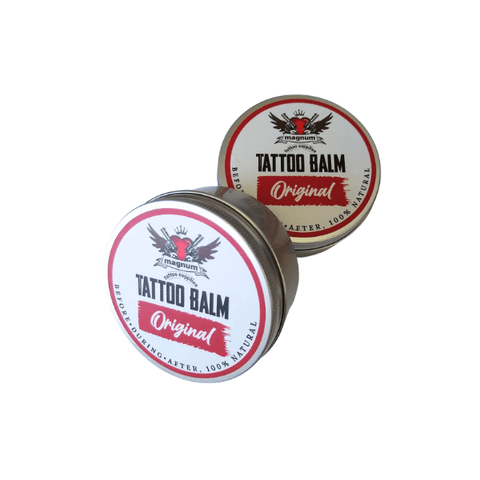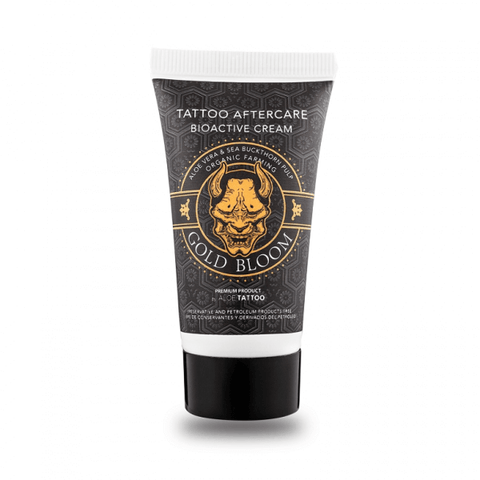A closer look at Aang's tattoo meaning in "Avatar: The Last Airbender"
In the animated masterpiece "Avatar: The Last Airbender," the character Aang, the last surviving Airbender and the Avatar sports a distinctive set of tattoos on his body. These tattoos, which are integral to Air Nomad culture, hold deep significance and tell a story of their own.
In this article, we delve into the meaning behind Aang's tattoos, exploring their cultural roots and their symbolic importance to the narrative.
Just as Aang's tattoos symbolise his mastery and spiritual connection, you too can express yourself with our premium Radiant Colours Ink. Shop now on our site for top-quality tattoo ink products that inspire creativity and craftsmanship.
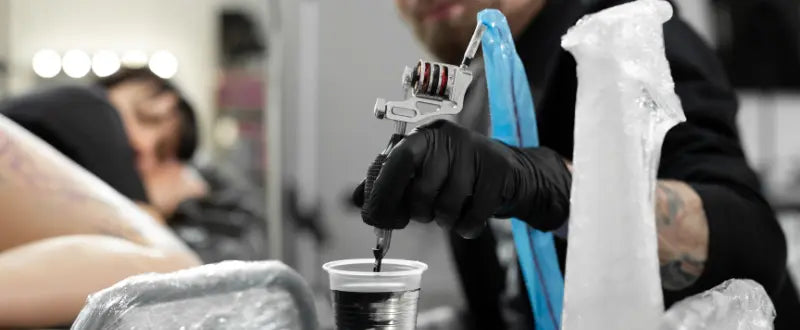
What is the origin of Aang's arrow tattoos?
The tradition of tattooing among the Air Nomads finds its origins in the symbiotic relationship between the nomadic people and their spiritual guides, the sky bison. These majestic creatures, with their natural arrow-like markings, inspired the Air Nomads to adopt similar patterns as a symbol of their bond with the sky and their nomadic lifestyle.
Despite being a small and peaceful nation, the Air Nomads established four air temples where they congregated, embracing a harmonious existence with nature.
How do airbenders earn their tattoos?
To earn these tattoos, an Air Nomad must achieve mastery in the art of airbending, a discipline that blends physical prowess with spiritual enlightenment. Mastery requires the completion of rigorous training, encompassing thirty-six tiers of skill development and the creation of new air-bending techniques. Central to this training is the cultivation of spiritual awareness through meditation, a practice that allows airbenders to connect with their inner selves and the spiritual realm.
Aang's journey towards mastery, though interrupted by the onset of war, culminates with the creation of the iconic "air scooter" technique, a feat that demonstrates his proficiency and earns him the right to bear the tattoos.
Similarly, his granddaughter Jinora, a central figure in The Legend of Korra, attains mastery at a young age, symbolising a continuation of her family's legacy and the resurgence of Air Nomad traditions.
- Symbolism in the tattoo ceremony
The significance of the tattoos is further emphasised in the ritualistic tattoo ceremony, as depicted in The Legend of Korra. Jinora's poignant ceremony serves as a symbolic passing of the torch, marking her transition into a fully-fledged airbending master and a beacon of hope for the future of the Air Nomads. The solemnity of the occasion underscores the cultural and spiritual importance attached to the tattoos, representing not only individual achievement but also a collective commitment to preserving Air Nomad's heritage.
- Alignment with chi and spiritual energy
Beyond their symbolic value, the tattoos also serve a practical purpose in guiding the flow of chi, the internal energy that powers bending. The arrow motifs correspond to the pathways through which chi travels in the body, aiding airbenders in focusing their energy and executing precise movements.
Moreover, the tattoos serve as tangible manifestations of an airbender's spiritual connection to the world, facilitating practices such as meditation and spiritual communication.
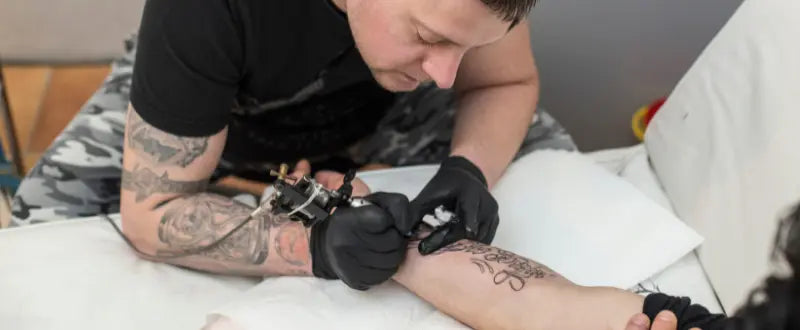
What is the meaning of glowing tattoos when Aang enters the Avatar State?
In the animated television series "Avatar: The Last Airbender," when Aang enters the Avatar State, glowing tattoos appear on his body. These tattoos, known as the Air Nomad tattoos, represent Aang's mastery of airbending and his connection to the spiritual aspects of being the Avatar. The tattoos glow to signify that Aang has tapped into the immense power and knowledge of his past lives and is channelling the energy of the Avatar Spirit.
The glowing tattoos serve both a visual and narrative purpose. Visually, they highlight the significance of Aang's transformation, making it clear to viewers that he has entered a heightened state of power. Narratively, they symbolise the spiritual connection between Aang and the Avatar Spirit, emphasising his role as the bridge between the human and spirit worlds.
In an interview with co-creators Michael Dante DiMartino and Bryan Konietzko, they discussed the significance of the glowing tattoos and how they visually represent Aang's connection to the Avatar Spirit and his role as the Avatar. The interview can be found in "Avatar: The Last Airbender—The Art of the Animated Series" by Michael Dante DiMartino and Bryan Konietzko.
Is there a season 2 to the Avatar: The Last Airbender?
Avatar: The Last Airbender" has a total of three seasons, also known as "books." Book One: Water, Book Two: Earth, and Book Three: Fire. However, there hasn't been any official announcement regarding a second season of the live-action adaptation of "Avatar: The Last Airbender" by Netflix.
The project has experienced various developments and changes, including changes in leadership and creative direction. While there has been anticipation and speculation among fans about the possibility of future seasons, it ultimately depends on the decisions made by Netflix and the production team involved.
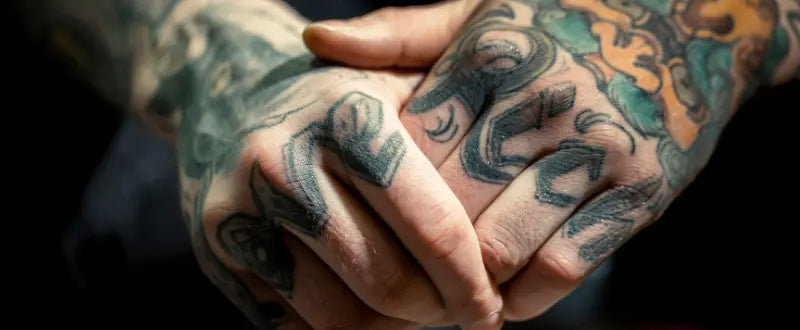
Final thoughts
In "Avatar: The Last Airbender," Aang's tattoos are more than just body art; they are symbols of his identity, his journey, and his role as the Avatar. Through their design and symbolism, they encapsulate the essence of airbending philosophy and the spiritual wisdom of the Air Nomads. Aang's tattoos serve as a visual testament to his mastery, his spirituality, and his commitment to bringing peace to the world.
Explore your own journey of self-expression and care with our premium MTS Tattoo Balm and other tattoo aftercare products available on our website. Shop now and take the first step towards vibrant, long-lasting tattoos.
- Tags: avatar tattoos tattoo news
- Mark Joshua Luz


